Vancouver’s real estate market is famous for high demand and high prices. With vacancy rates near historic lows (around 1.6% in 2024), investors and homebuyers often wonder: “Should I buy a tenanted property?” In other words, is it wise to buy a condo or house that already has tenants living in it, or should you insist on a vacant purchase?
This article breaks down the pros and cons of buying a tenanted property in Vancouver, explains the BC tenancy rules you need to know, and offers tips for first-time buyers and real estate investors. We’ll look at how owning a rental income property in Vancouver with existing tenants (an occupied unit investment) can provide immediate cash flow but also brings legal obligations. By the end, you’ll have a clear picture of whether an investment property with tenants fits your goals.
Vancouver Rental Market and Investment Context
Vancouver’s rental market is extremely tight. Vacancy rates in the city are very low (about 1.6% in 2024), meaning there are far more renters looking for homes than empty units available. For anyone considering a rental property purchase in Vancouver, this high demand is a double-edged sword: on one hand, having a tenant move in is usually easy; on the other hand, intense competition and high home prices mean investors often must put down large down payments or carry higher mortgage costs.
Owning Vancouver real estate remains a popular strategy for building wealth. Home values here have climbed dramatically over the past decades, and many consider Vancouver real estate investment as a long-term play. However, high prices mean many landlords in Vancouver operate with negative cash flow at first — they cover mortgage and expenses out of pocket expecting appreciation. Because of this, every dollar of rental income counts. In fact, with soaring home values, some investors only want properties that are already rented – so they don’t face months without any rent to pay the mortgage.
In this context, an occupied unit investment Vancouver can be attractive: you buy the property and immediately start receiving rent. But it also means inheriting whatever rental agreement the seller had, along with the existing tenant. Below we’ll compare the pros and cons of buying a tenanted property in Vancouver, and explain the key legal rules in BC for such purchases.
What Is a Tenanted Property (Occupied Unit)?
A tenanted property (or occupied unit) simply means a home that’s being rented out when you buy it. Instead of being vacant or owner-occupied, the house or condo comes with a tenant in place. In BC, tenancy laws are very clear that the lease stays attached to the home. In practical terms, you “inherit” the tenant and the lease when you close the sale.
If the lease says the tenant pays $2,000/month, you now become the landlord responsible for that tenant at $2,000 rent until the lease ends or changes by legal agreement. The new owner steps into the shoes of the old landlord — the RTA rules follow the property title.
For many investors, this is exactly the point. Buying a property that already has a qualified tenant can be an instant source of cash flow: the tenants are pre-screened (by the former owner) and already paying rent. Instead of marketing the unit and possibly missing months of rent, you “hit the ground running” with income from day one.
However, the catch is that your control over the property is limited by the existing lease. If the tenants have a fixed-term lease (often 1 year in BC), they have the right to stay until that term ends. If it’s a month-to-month tenancy, you still must follow formal rules to change anything. The key takeaway: a tenanted property is an “investment property with tenants” – it’s already set up as a rental, not a blank slate.
Pros of Buying a Tenanted Property
Buying a tenanted property in Vancouver can offer several advantages, especially for someone looking at real estate purely as an income investment.
-
Immediate rental income (cash flow): You acquire a property that already has paying tenants in place. This creates immediate cash flow and removes the stress of a vacancy period.
-
Strong rental demand: Vancouver has among the lowest vacancy rates in Canada. That means once you own the unit, it’s very likely to stay rented. If something happens and the current tenant moves out, you’ll probably find new tenants quickly.
-
Loan and tax advantages: If you’re buying purely as an investment, a rented property can help with financing and taxes. Many lenders allow you to qualify for a mortgage using a portion of the rental income to offset your payments. You can also deduct expenses from rental income (mortgage interest, property taxes, insurance, maintenance, etc.).
-
Known tenant history: You can review whether the tenant has paid on time, how long they’ve been in place, and how much rent they pay. Contrast this with buying vacant and hoping to find a good renter later – with an occupied unit, the work of screening is already done.
-
Potential value-add opportunities: Owning a tenanted property doesn’t mean you can’t improve it. You may plan renovations or upgrades once it’s vacant, boosting value and future rent.
In short, the pros of a tenanted property in Vancouver boil down to instant income and fewer short-term headaches finding renters.
Cons of Buying a Tenanted Property
On the flip side, buying an occupied property comes with its own set of challenges:
-
Limited control and flexibility: You inherit the lease. If the existing tenant has a fixed-term lease, they are guaranteed to stay until that lease expires.
-
Strict eviction rules: Evicting a tenant in BC requires formal notice, compensation, and legal compliance. If you purchased for personal use, you must give at least three months’ notice and pay one month’s rent as compensation.
-
Tenant quality and behavior: You might inherit someone who pays late, causes damage, or isn’t cooperative. Evicting a bad tenant is slow and regulated.
-
Rent and market value locked in: BC law caps annual rent increases (3.5% for 2024). If the rent is below market, you cannot raise it quickly.
-
Renovation and strata restrictions: Major renovations or demolitions require four months’ notice and compensation. Some strata corporations also restrict rentals.
-
High carrying costs: Vancouver’s high home prices, mortgage rates, and strata fees mean many landlords operate with negative cash flow.
-
Due diligence burden: You must carefully review all tenancy documents, payment history, security deposit details, and move-in inspections.
In summary, the cons of buying a tenanted property often come down to constraints on you as the new owner.
Legal and Practical Considerations (BC Rules)
Key things to know:
-
Tenancy survives the sale: The tenancy stays with the property. The new owner assumes landlord duties.
-
Fixed-term vs. month-to-month: Fixed-term tenants stay until the lease ends. Month-to-month tenants require notice to change terms.
-
Ending tenancy for personal use: Requires at least three months’ notice, one month’s rent compensation, and a minimum of 12 months’ occupancy by you or family.
-
Renovations/demolition: Require four months’ notice and compensation.
-
Rent increases: Only one per year, capped by the province.
-
Security deposits: Must be transferred to you at closing.
-
Due diligence: Always review leases, rent rolls, deposits, and inspection reports before finalizing the deal.
Is It Worth It? Key Takeaways
-
For investors: A tenanted property offers immediate cash flow, low vacancy risk, and potentially lower purchase prices.
-
For buyers planning to live in the home: It’s more complicated. You must be patient, follow BC’s strict rules, and often wait months to move in.
-
Quick summary:
-
Tenanted = instant rent, less flexibility.
-
Vacant = flexibility, risk of vacancy.
-
Your decision depends on whether your priority is income generation or personal use.
Conclusion
Should you buy a tenanted property in Vancouver?
For investors, the pros often outweigh the cons. You gain steady income and avoid vacancy stress. For first-time buyers planning to live in the home, however, the legal hurdles and waiting period make vacant properties more attractive.
Understanding the pros and cons of tenanted property and BC’s tenancy rules will help you make an informed decision.
I’m Adam Chahl, award-winning Vancouver Realtor® and founder of Vancouver Home Search with the PLACE Real Estate Team – Oakwyn Realty. Whether you’re a first-time buyer or an investor looking for the right rental income property in Vancouver, I can help you understand the numbers, review tenancy agreements, and find the property that best fits your goals.
Reach out today to start your Vancouver real estate investment journey with confidence.
Frequently Asked Questions About Buying a Tenanted Property in Vancouver
1. What does it mean to buy a tenanted property in Vancouver?
It means purchasing a home that already has tenants living in it. The lease stays with the property, and you take over as the new landlord under BC’s Residential Tenancy Act.
2. Can I move into a tenanted property right after buying it?
No, not unless the tenant voluntarily agrees to leave. You must follow BC’s legal process, which usually requires at least three months’ notice and one month’s rent as compensation for personal-use eviction.
3. What are the main pros of buying a tenanted property?
Immediate rental income, no vacancy period, and often lower risk of cash flow gaps. It can be attractive for investors looking for stable rental income.
4. What are the main cons of buying a tenanted property?
Less flexibility, strict eviction rules, capped rent increases, and the possibility of inheriting a problematic tenant.
5. Do rent increase limits apply to existing tenants?
Yes. In BC, landlords can only raise rent once per year, by a set provincial percentage (3.5% in 2024). This applies even if market rents are higher.
6. Is buying a condo with tenants in BC different from buying a house with tenants?
The tenancy rules are the same, but condos may have additional strata bylaws that govern rentals, such as restrictions on short-term rentals.
7. Can I evict a tenant if I want to renovate the property?
Yes, but only for substantial renovations or demolition, and it requires four months’ notice and compensation. Minor upgrades don’t qualify as grounds for eviction.
8. What documents should I ask for before buying a tenanted property?
The current lease, rent payment history, security deposit details, and any inspection reports. Reviewing these is critical for avoiding surprises.
9. Is buying tenanted property in BC better for investors than first-time buyers?
Generally, yes. Investors benefit from immediate rental income, while first-time buyers who want to move in face delays and strict rules.
10. Should I buy a tenanted property if I’m a first-time homebuyer?
It depends on your plans. If you want to live in the property soon, it may not be ideal. If you’re open to renting it out first, it can help cover your mortgage and build equity.
Browse Other Downtown Vancouver Communities
MLS® Listings in Gastown | Vancouver Real Estate


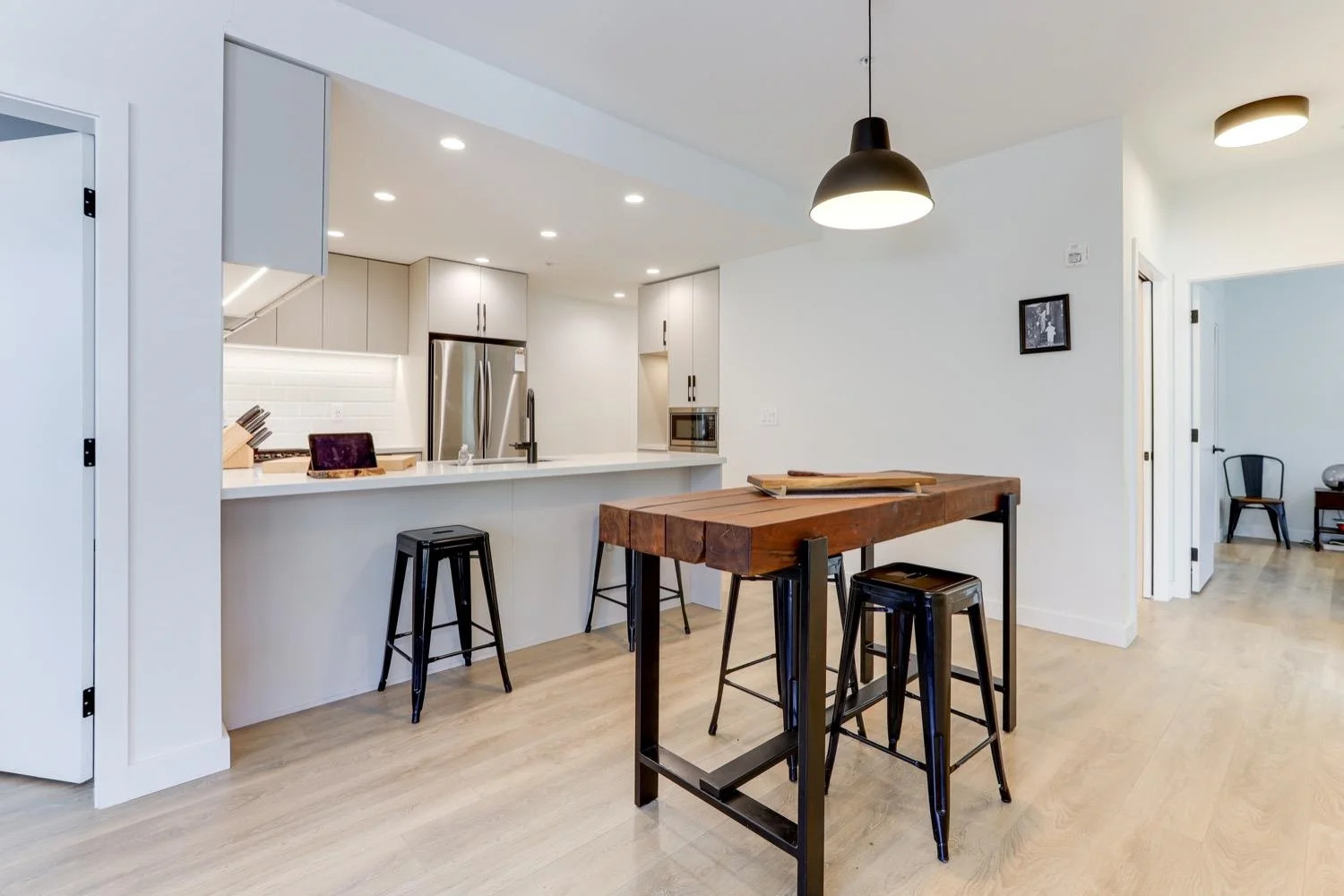
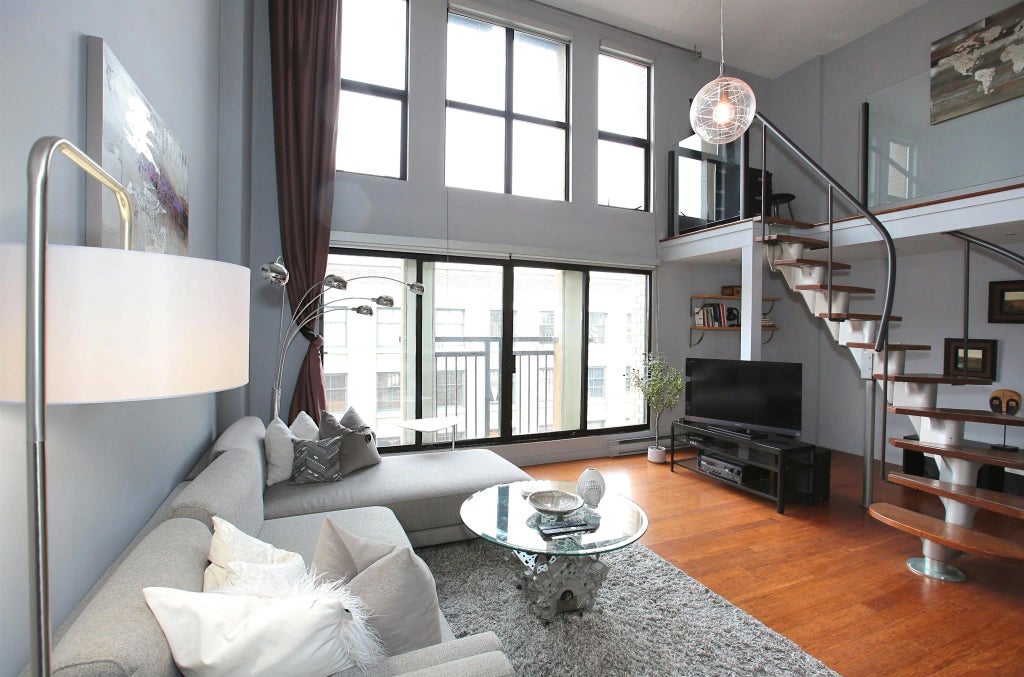

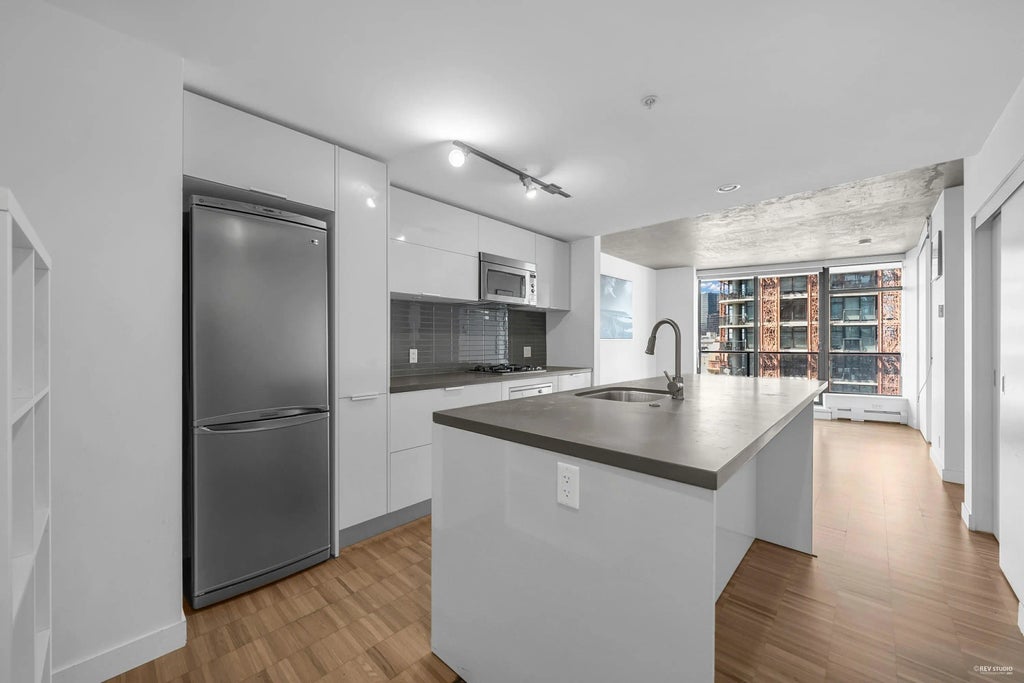
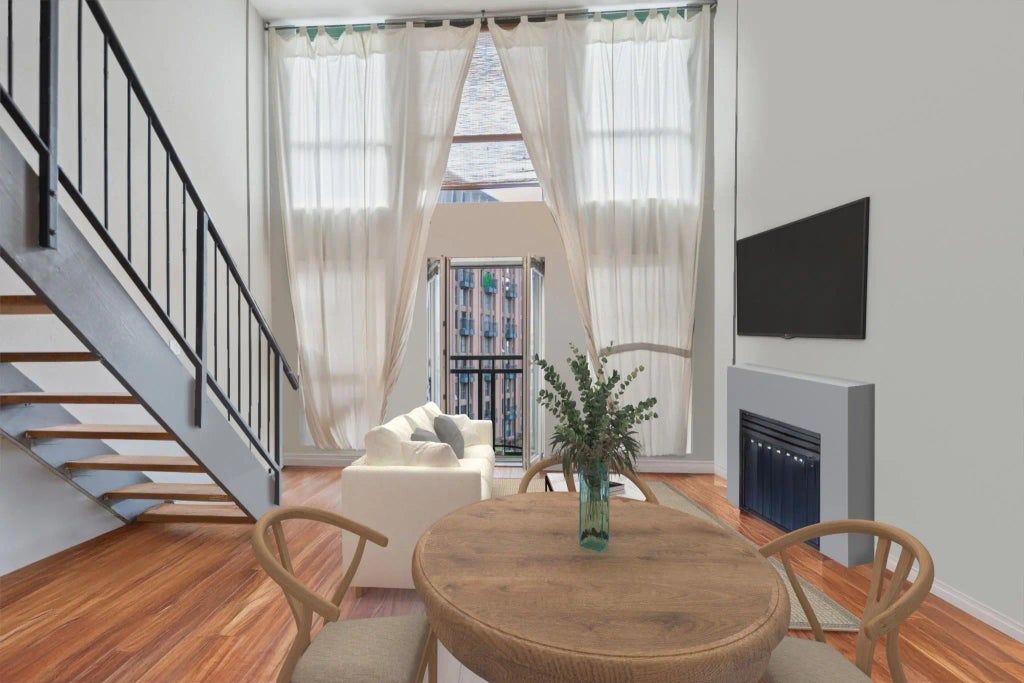
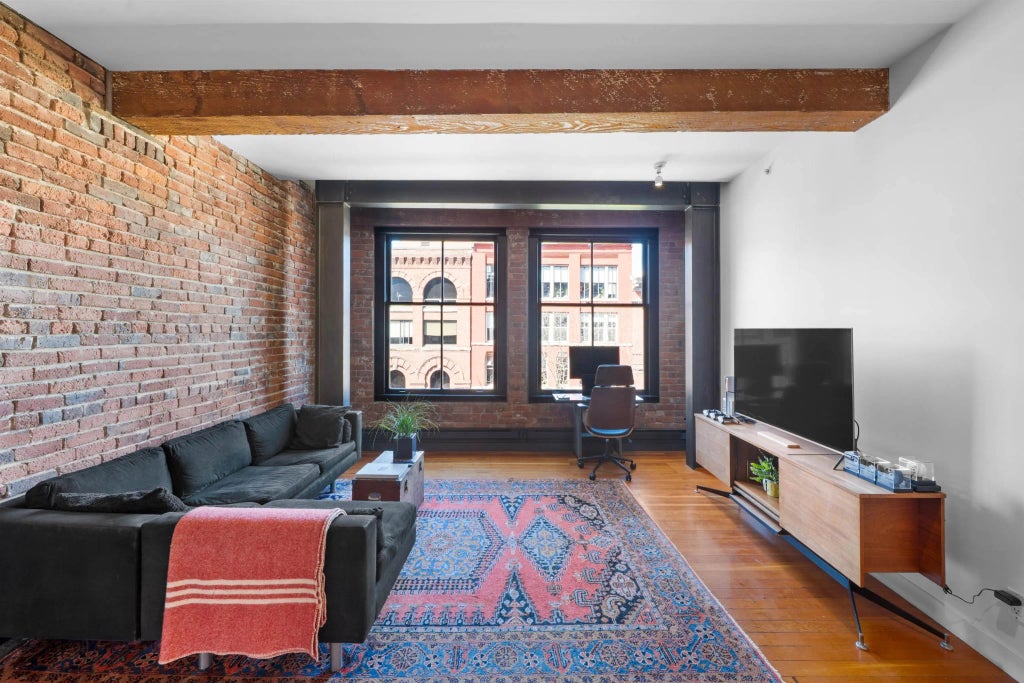
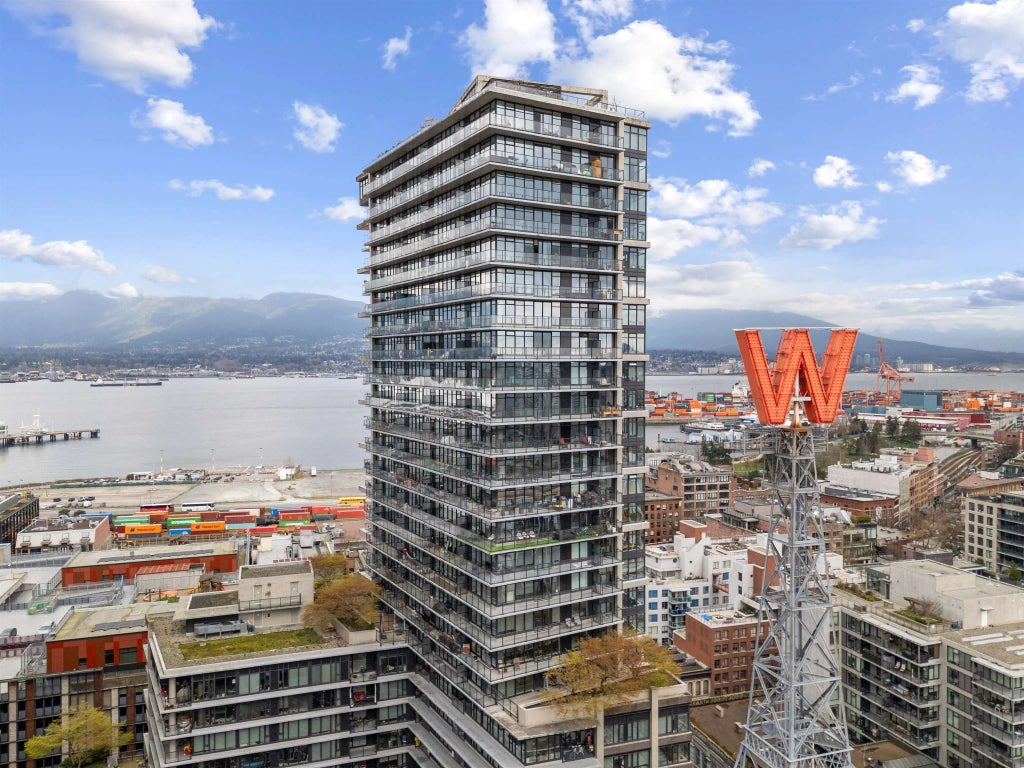
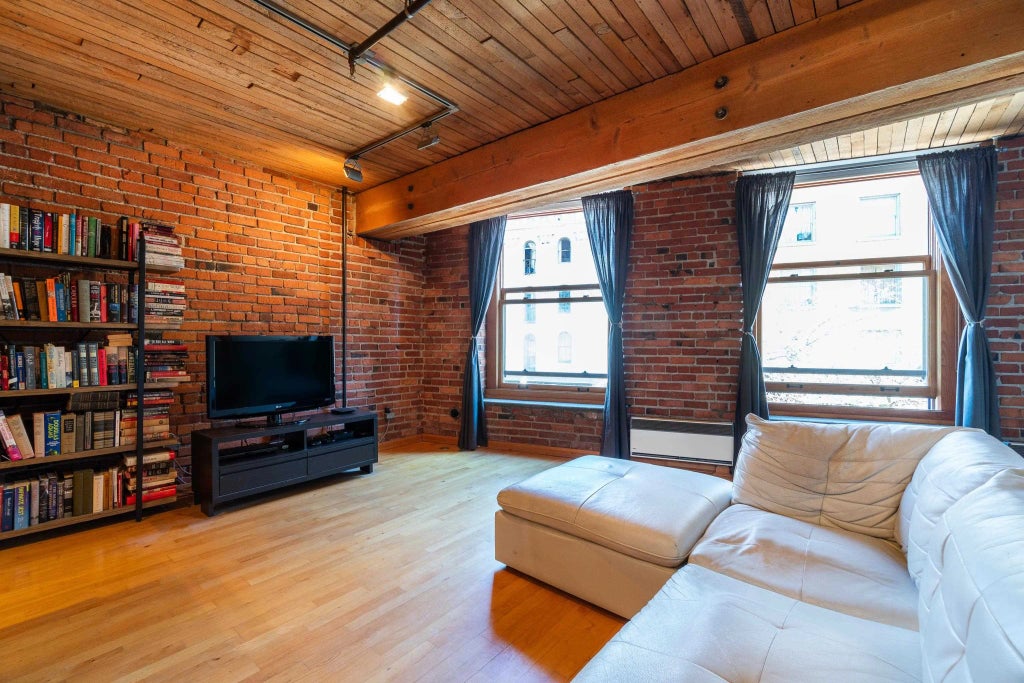
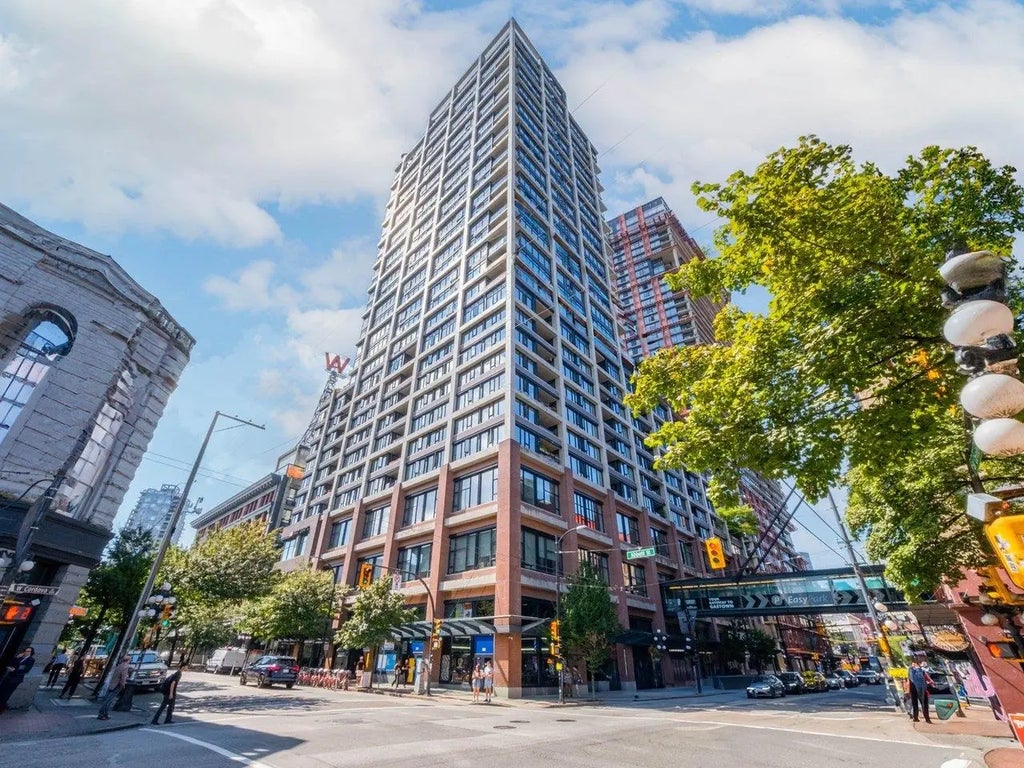
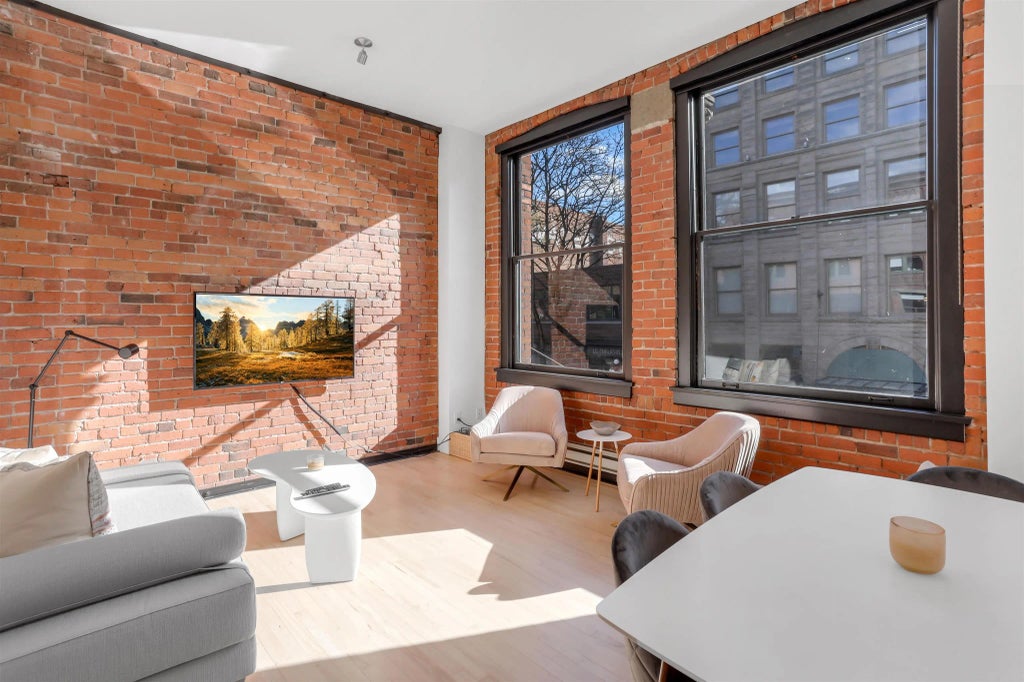
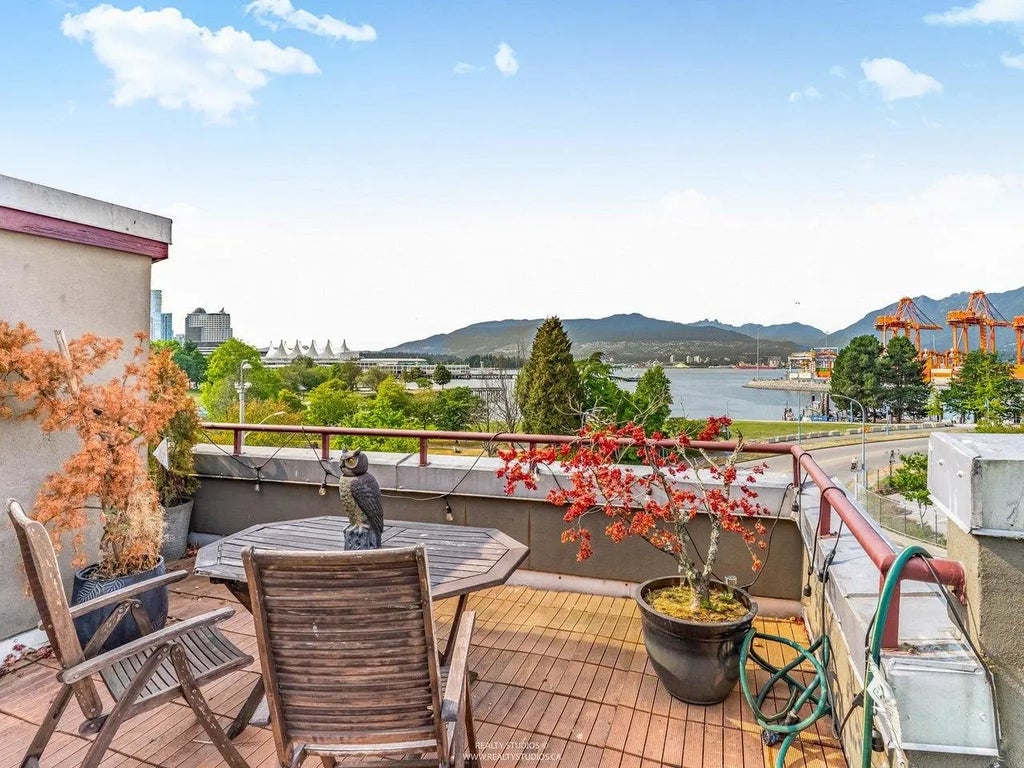
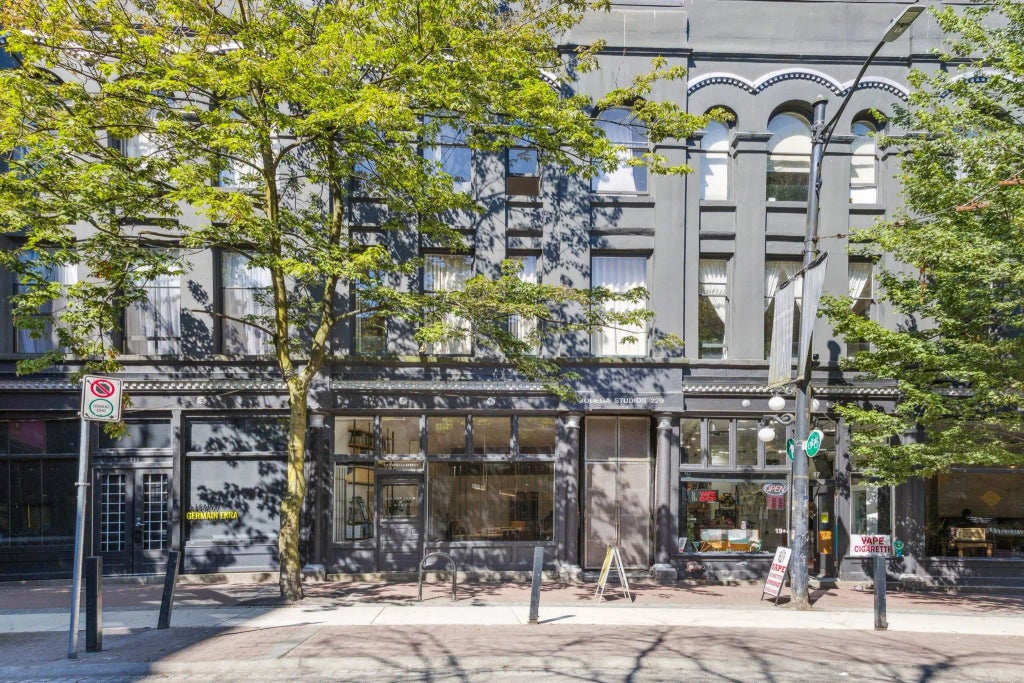
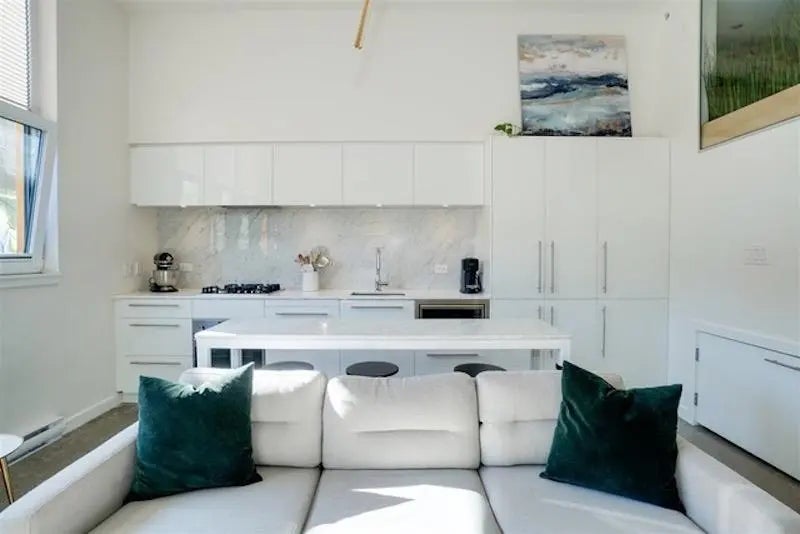
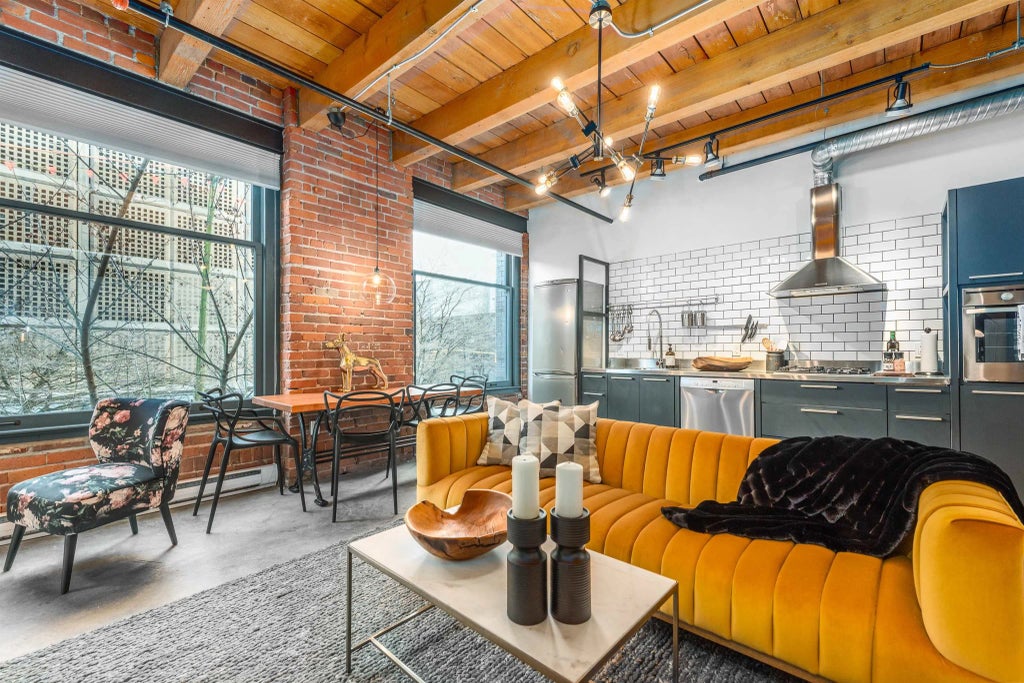
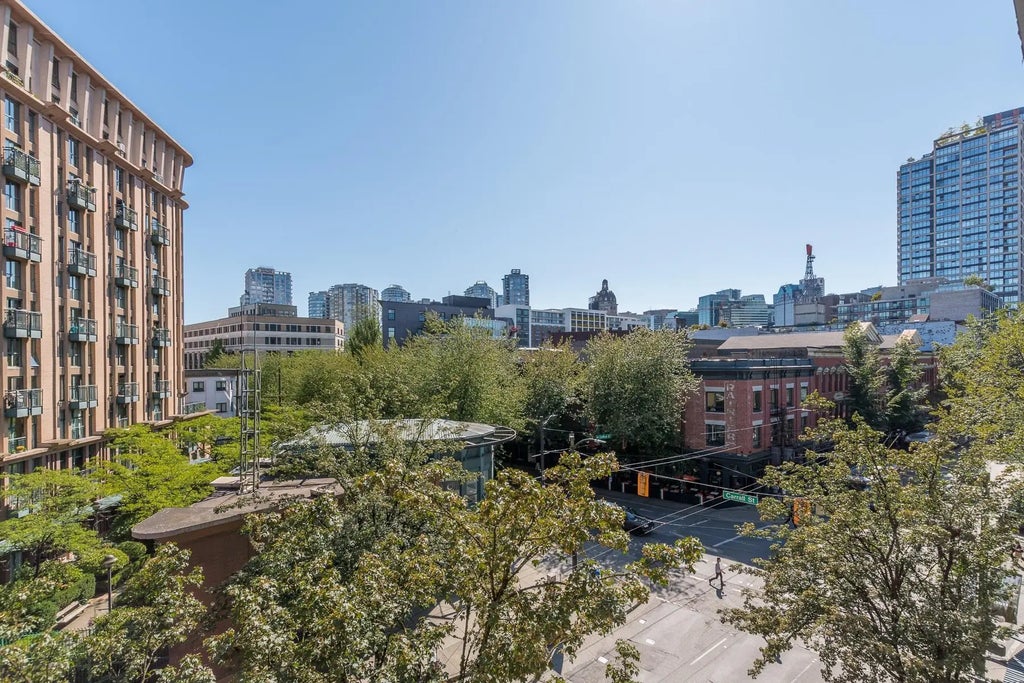
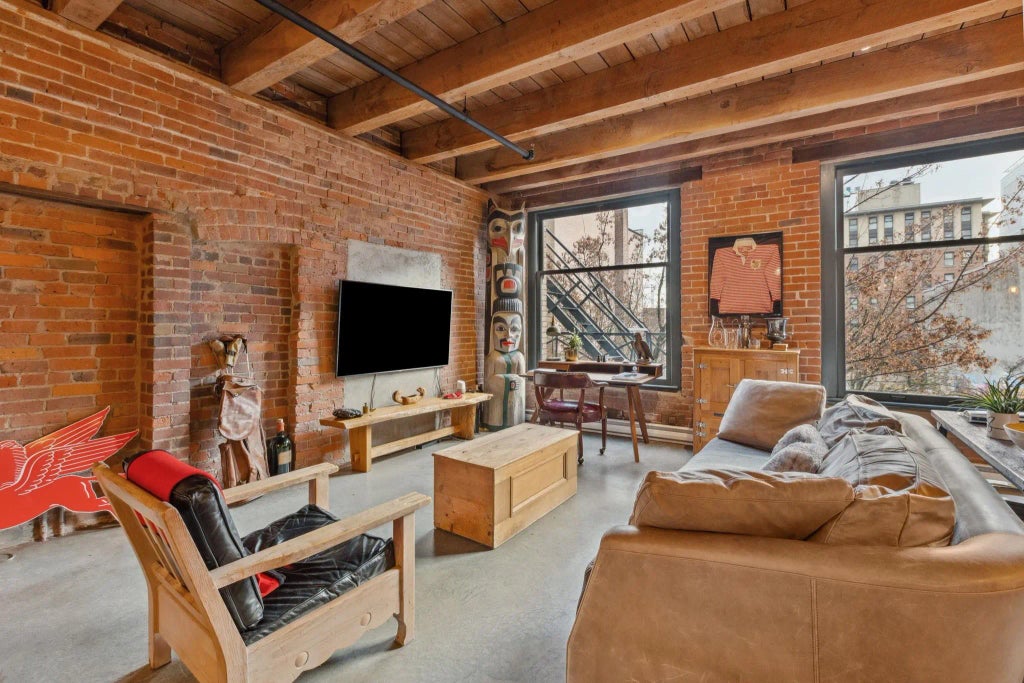
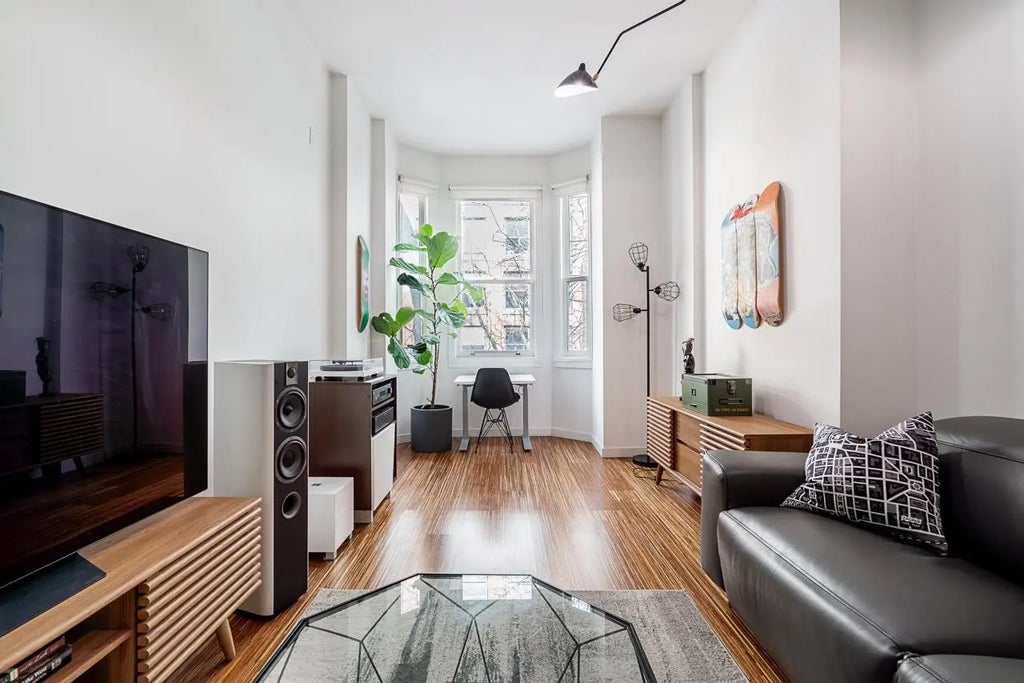
Leave A Comment